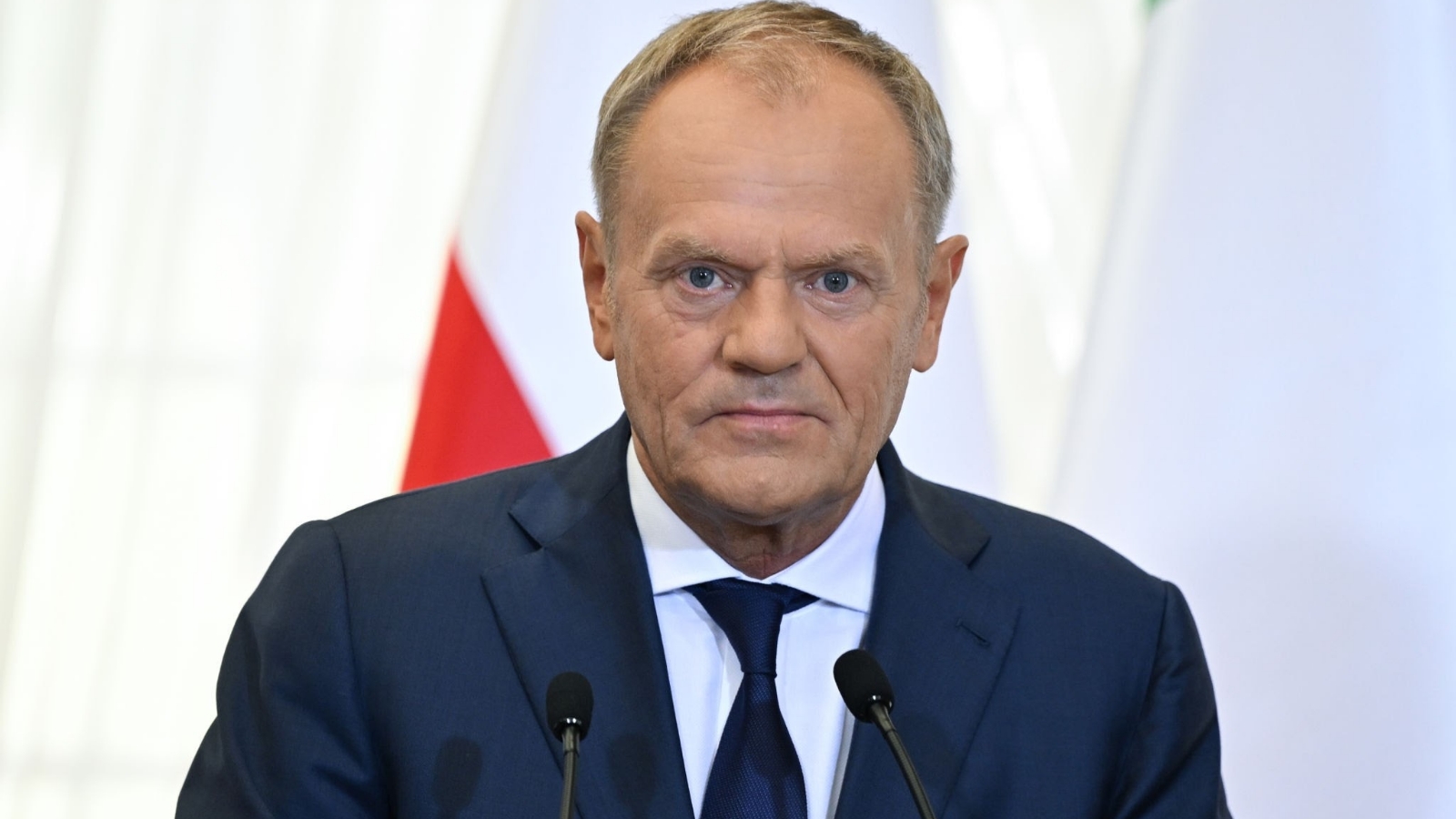Polish Prime Minister Donald Tusk has called for a firm and united European Union response to U.S. President Donald Trump’s recent tariff threats, emphasizing the importance of maintaining strong transatlantic relations while upholding Europe’s dignity and strength.
During an informal summit of EU leaders in Brussels, Tusk addressed concerns following President Trump’s imposition of 25% tariffs on goods from Mexico and Canada, along with an additional 10% tax on imports from China. Trump indicated that the EU could be the next target for similar tariffs, stating that such measures could happen “pretty soon.”
Tusk, whose country currently holds the EU’s rotating six-month presidency, emphasized the need for the EU to manage its relationship with the U.S. carefully. He stated, “We must be able to take care of our relations with the US, but we must also have a sense of our own dignity and strength.” He further urged Europe to approach the situation with “common sense, calmness, responsibility,” and highlighted the necessity of unity among member states.
Expressing his opposition to trade wars, Tusk remarked, “Starting some kind of tariff or trade wars is a complete mistake.” He called for efforts to avoid conflicts between allies, especially given external threats from nations like Russia and China. Tusk also mentioned his intention to persuade European leaders to reconsider reducing or eliminating European spending on American weapons, emphasizing the importance of taking security seriously and maintaining strong defense relationships with the U.S., Canada, the United Kingdom, and Norway.
Poland has notably increased its defense budget, allocating over 4.12% of its GDP to defense last year and planning to raise this to 4.7% this year, marking the highest relative level within NATO.
In 2022, the U.S. exported $592 billion worth of goods and services to the EU and imported $723.3 billion from the EU, underscoring the significant economic interdependence between the two entities.
Tusk’s statements reflect a broader concern among European leaders regarding the potential negative impacts of a transatlantic trade war. EU foreign policy chief Kaja Kallas highlighted the interconnectedness between the U.S. and EU, suggesting that such a conflict could be detrimental to consumers on both sides and advantageous to countries like China. French President Emmanuel Macron and other senior officials have also emphasized the importance of a unified European response to the U.S. tariff threats.
As the situation develops, European leaders continue to deliberate on strategies to address the challenges posed by the U.S. administration’s trade policies, aiming to protect the EU’s economic interests while preserving the longstanding alliance with the United States.











